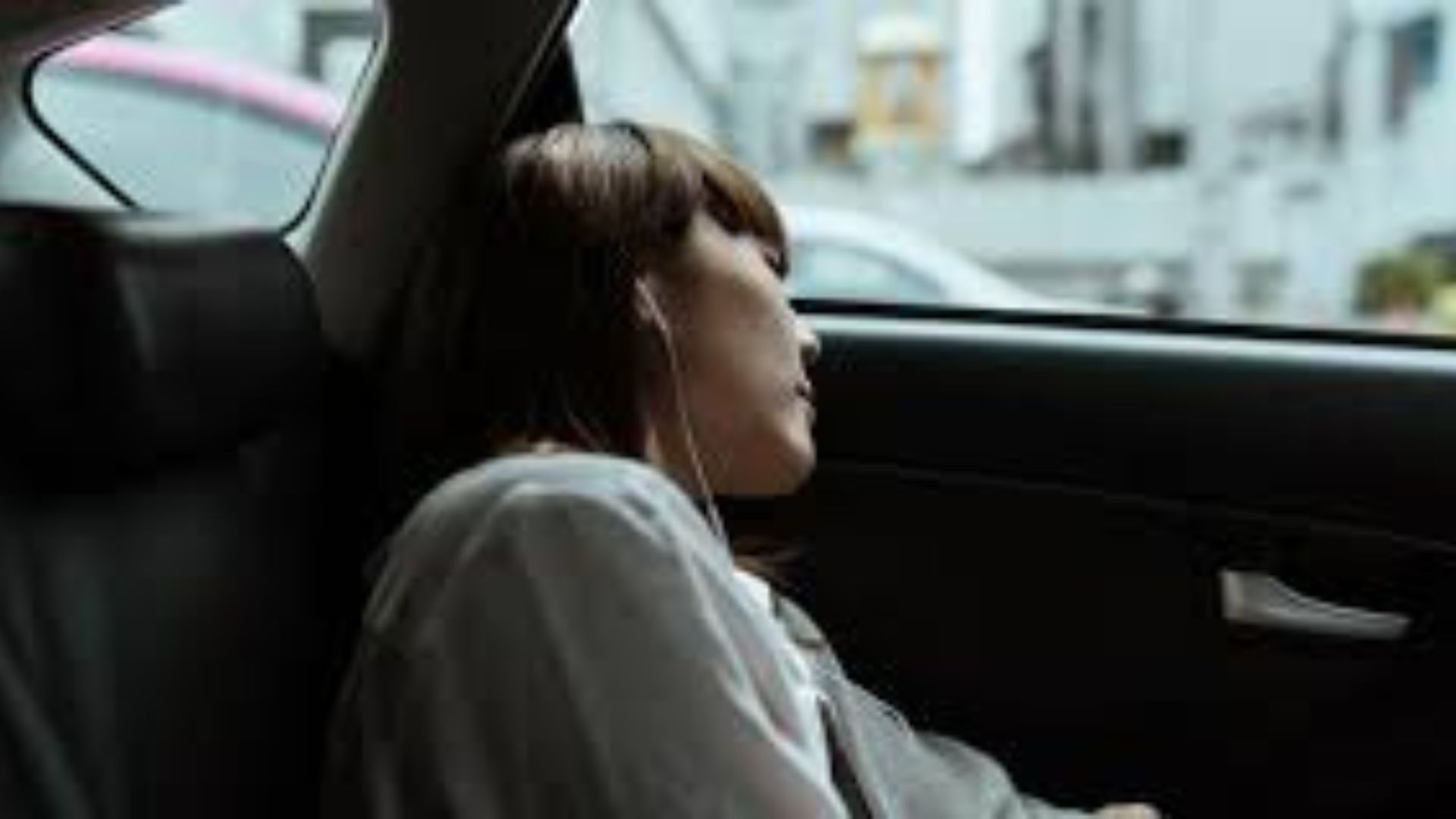Ever noticed yourself dozing off on long car or train rides, even after a full night’s rest? This is a common occurrence influenced by several environmental and personal factors
Key factors that contribute to drowsiness during travel include:
Rhythmic Motion: The steady, low-frequency vibrations from a moving vehicle act similarly to the soothing motion of a cradle, making it easier to fall asleep.
White Noise and Minimal Sensory Input: Constant background noise combined with limited visual and auditory stimuli creates a subdued environment, allowing the brain to relax and increase drowsiness.
Reduced Exposure to Natural Light: Lack of sunlight inside cars or trains affects our body’s internal clock, potentially triggering feelings of sleepiness.
Fatigue and Sleep Deficit: Those who are already tired or lacking sleep are more likely to drift off while traveling, as the body naturally seeks any opportunity to recuperate.
Monotony: The repetitive nature of travel, with minimal activities or mental stimulation, can lull the mind into a restful state, leading to sleep.
Together, these factors make long journeys conducive to napping, providing insight into why many of us struggle to stay awake during travel.







